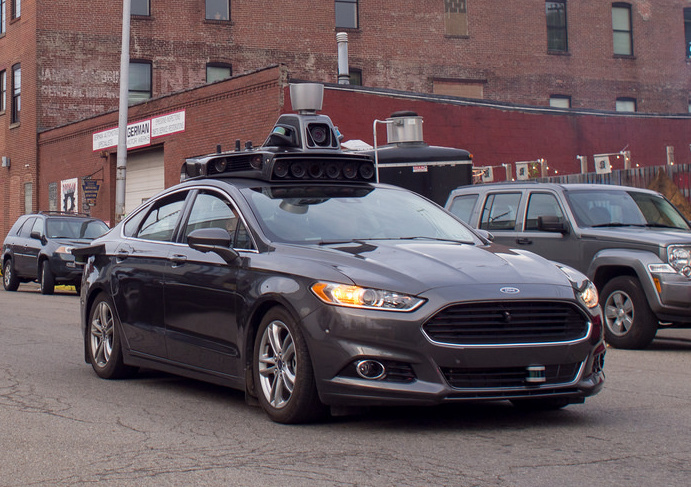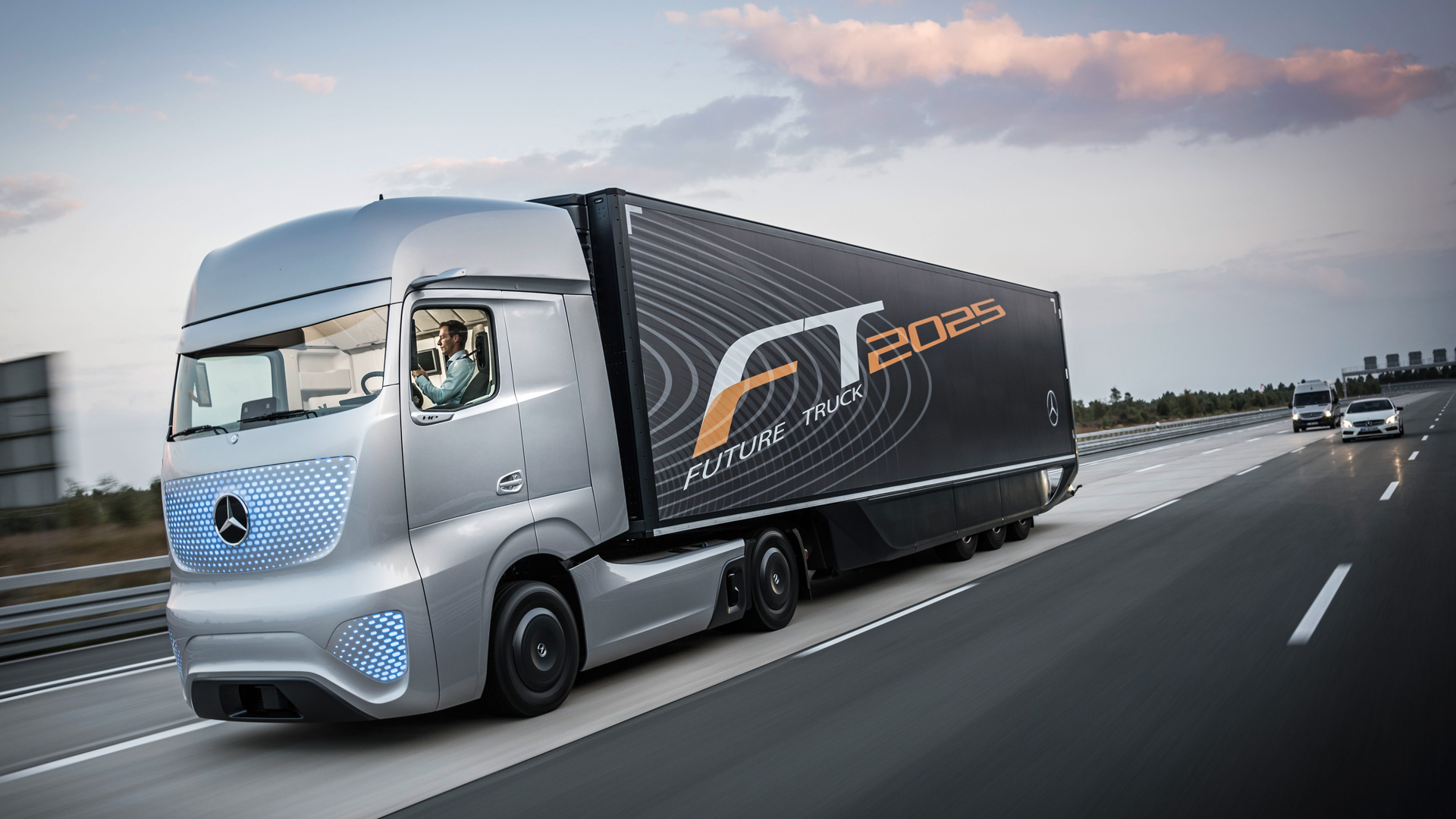There’s a digital gold rush on.
Some of the world’s best-known brands – from car marques to search engines – are racing to build autonomous vehicles.
The question seems to have changed from “will driverless cars be the future of motoring?” – to “when will they become mainstream traffic on the road?”
And all the companies in the race seem to see a major pay-day coming if they develop the tech that becomes the standard.
But the gold rush could come at a price for existing industries and jobs.
Taxi drivers in Singapore interviewed by the world’s media looked more than a little concerned on the day that trials of driverless cabs took to the city’s streets. And rightly so.

Cabbies have been on the front-line of market disruption from digital technology for the last few years with the rise of apps like Uber and Lyft.
And having built a global network of more than one million cabbies in 490 cities around the world, Uber is also on the driverless gold rush trail.
This year the company is trialling autonomous taxis in Pittsburgh in the belief “the world is going to go self-driving and autonomous,” or so says the company’s CEO Travis Kalanick.
What does that mean for the company’s international network of drivers? According to Kalanick:
“There are just places that autonomous cars are just not going to be able to go or conditions they’re not going to be able to handle. And even though it is going to be a smaller percentage of the whole, I can imagine 50,000 to 100,000 drivers, human drivers, alongside a million-car network … then you also think, what about the tens of thousands of jobs that are necessary to maintain that fleet?”
So bad news for 900,000+ Uber drivers, good news for mechanics – and particularly those who can maintain the software and navigation systems of autonomous vehicles?
Testing of driverless trucks by Daimler – including trials of its Freightliner in Nevada last year – have prompted scare stories in the American media about the threat to “up to 8% of jobs” in some states.

Likewise, questions are being raised about the future for delivery drivers and bus drivers as well as long-haul truckers.
The truth is, elsewhere in the world some of those jobs are already being disrupted.
The mining group Rio Tinto has introduced 69 self-driving trucks at its iron mines in Western Australia for the 1,200-mile drive to an operations centre near Perth.
Unlike a fleet manned by human drivers, the trucks can operate non-stop, improving safety and increasing productivity, according to the company.
And that’s where advocates for driverless cars see the economic up-side: productivity.
With the machines doing the hard work, we’ll be able to deliver more, faster and at a lower price than before. Why the lower price? You’ve saved the driver’s salary.
But there may also be implications for jobs and industries that don’t directly involve driving.
Will parking attendants and parking wardens become a thing of the past?
If driverless taxis become one of the cheapest and most reliable ways to travel, does that change your thinking about renting a car for a holiday and business trip?
Why rent a car if you can summon up a cheap driverless vehicle whenever you need it – and no longer pay for the time a rental car is parked and not in use?
But some commentators believe there will be a net gain in jobs if the UK is at the forefront of the development of driverless cars.
A report published by the respected Society of Motor Manufacturers and Traders (SMMT) forecasts that 320,000 new jobs will be created in the UK by driverless cars by the year 2030.
About 25,000 of those new jobs will be in the British car manufacturing industry, according to the SMMT. In all, the benefit is forecast to be in the region of £51bn a year to the UK economy.
Even the telecoms industry will benefit – seeing its revenues skyrocket from the massive transfers of data as autonomous cars navigate their way around.
All of this depends, of course, on market demand.
Are the motor manufacturers and tech giants chasing the gold rush right to assume that driverless cars are inevitable? Is it a certainty that motorists will happily hang-up their keys and let the machines take over on the road?
Our own survey revealed that more than 70% of people think they might never own a driverless car. Just over 5% of the motorists asked said that they would embrace the new tech when it finally rolls out, with 24% undecided.
So taxi drivers might not have to worry for quite some time yet.
Even if the tech behind a truly autonomous vehicle is developed, there’s a sceptical public to persuade that driverless is the right future for them.
